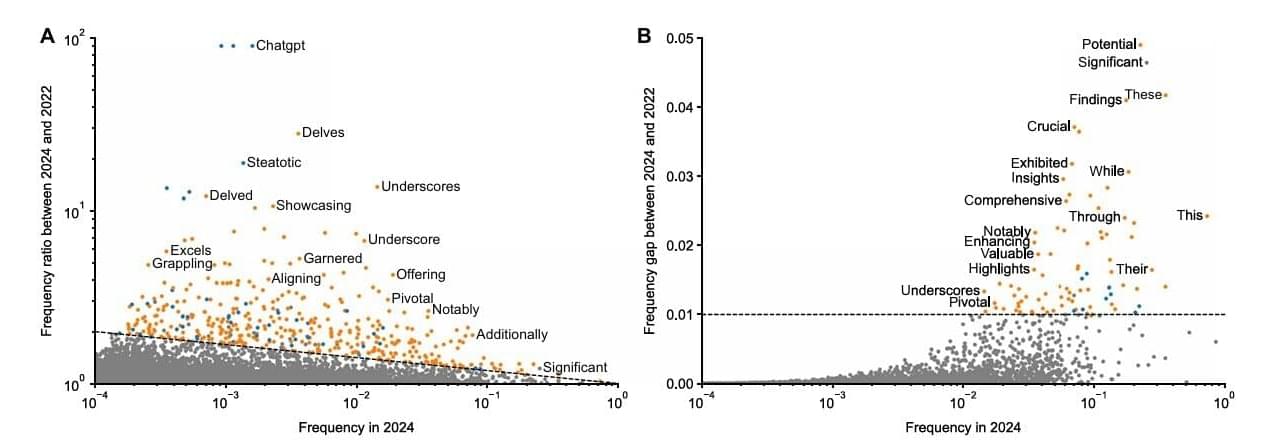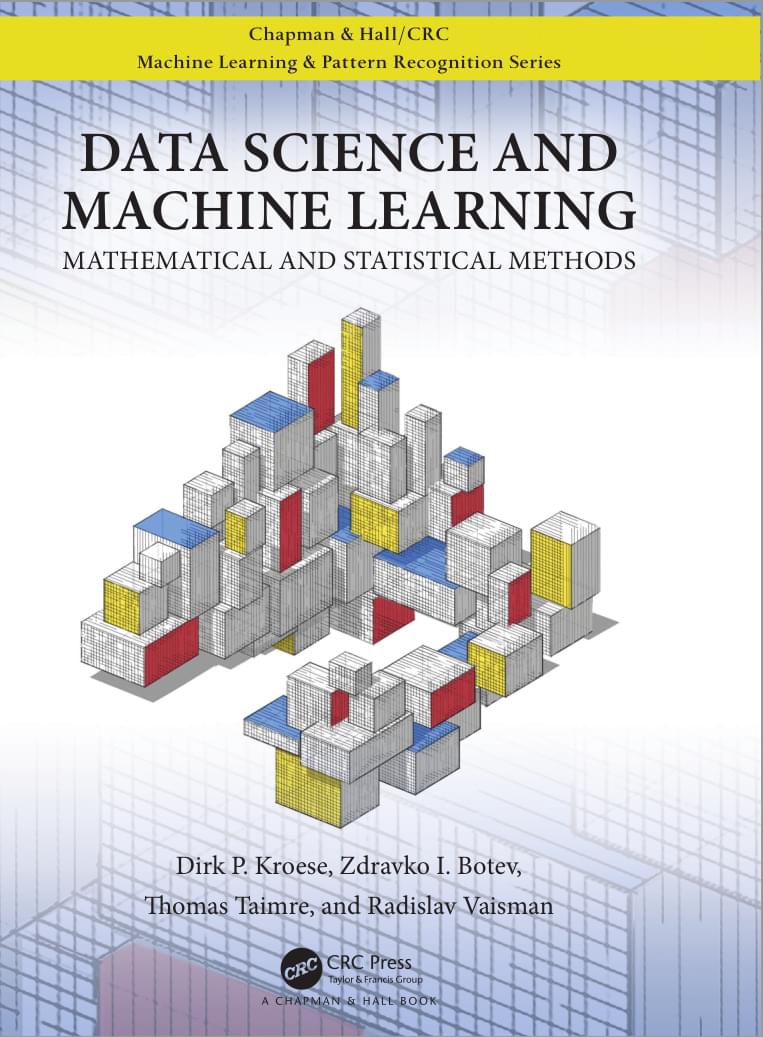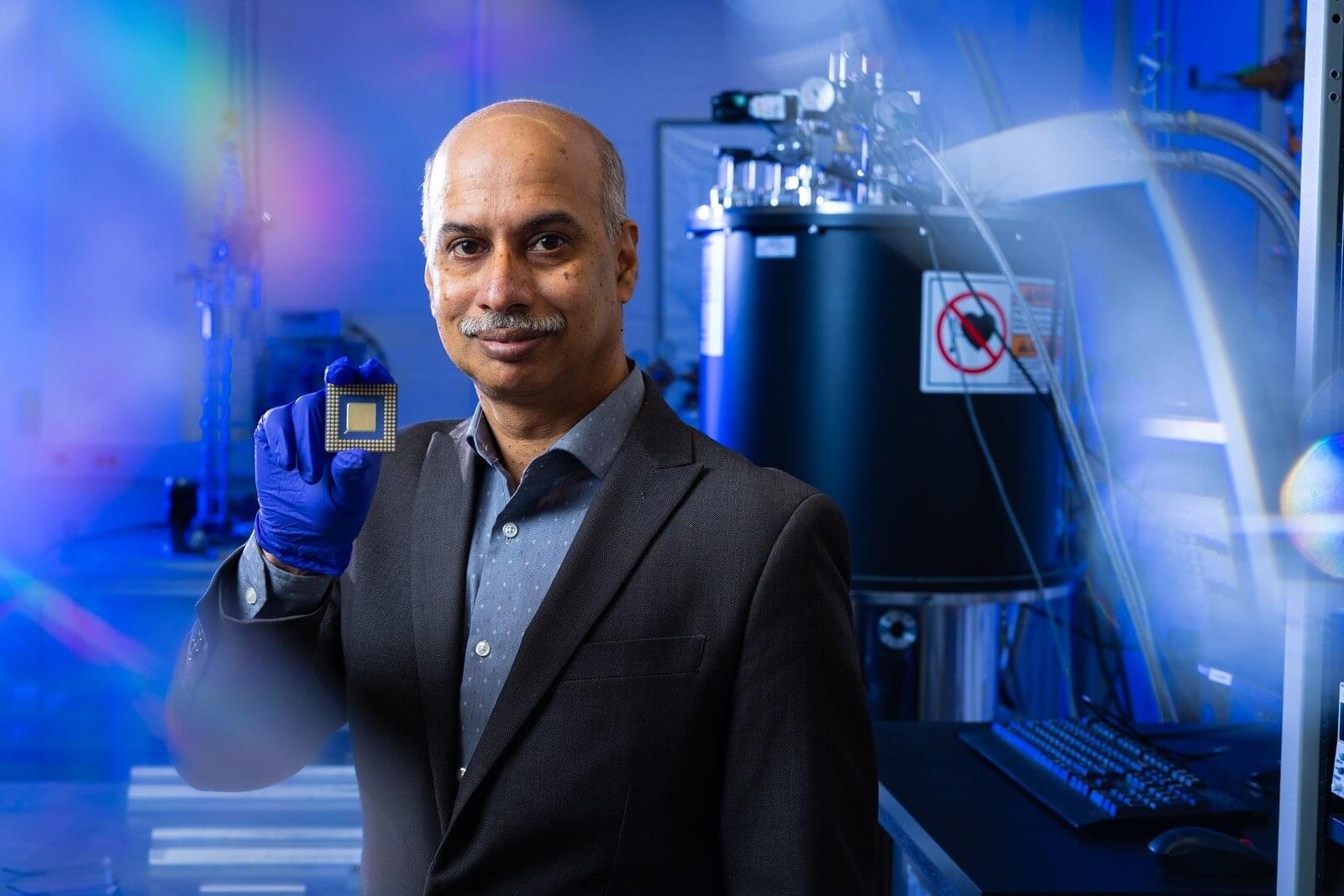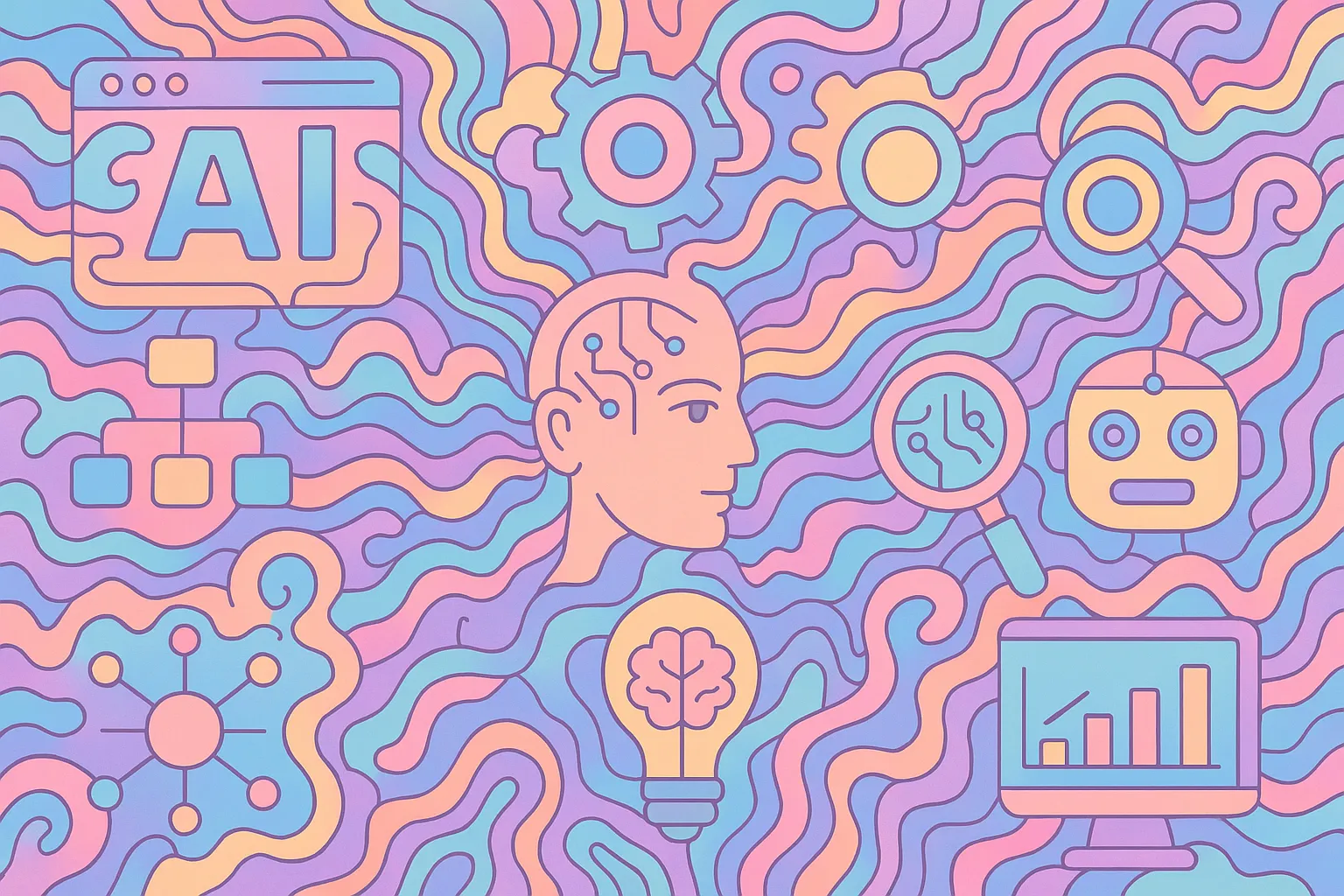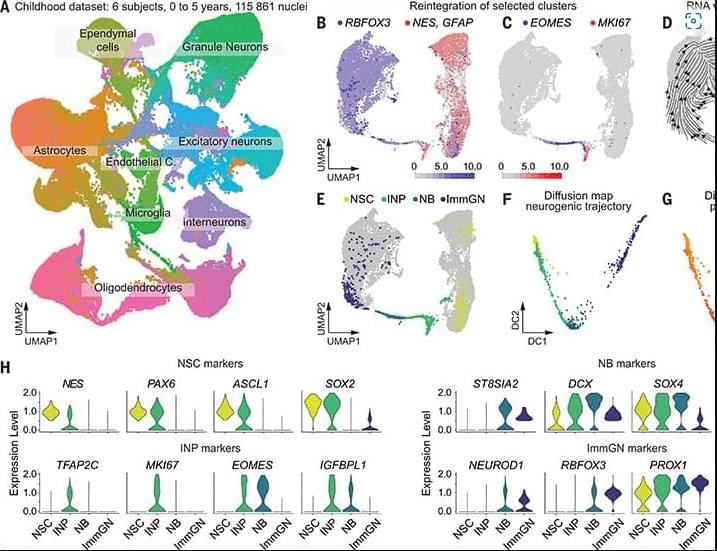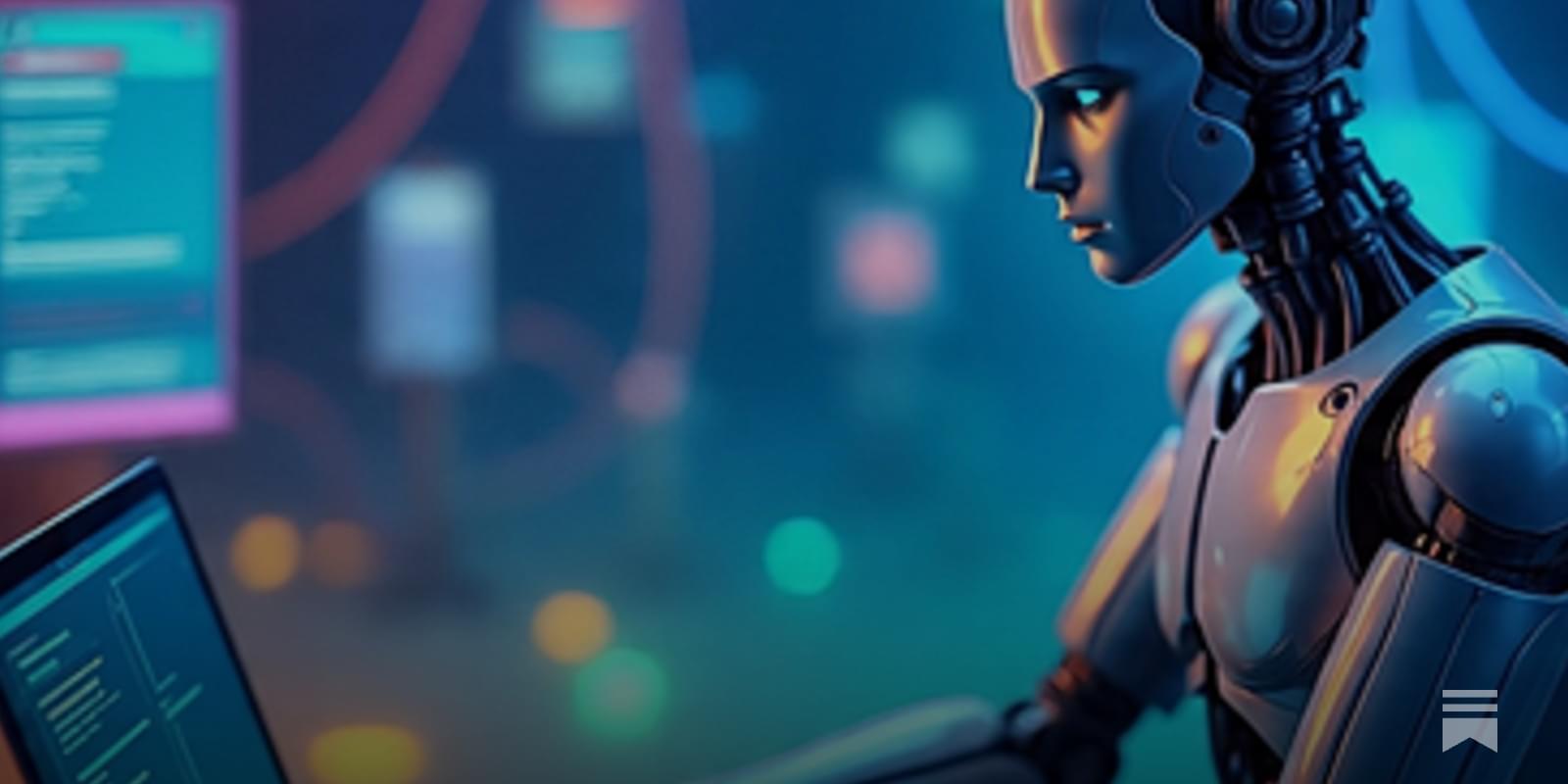A new sensing system called SonicBoom could help agricultural robots navigate cluttered environments where visual sensors struggle.
Developed by researchers at Carnegie Mellon University, SonicBoom uses tiny contact microphones to sense sound and localize objects that a robotic arm touches.
Interestingly, these robots could help farmers harvest crops even in increasingly challenging conditions, such as rising temperatures.
